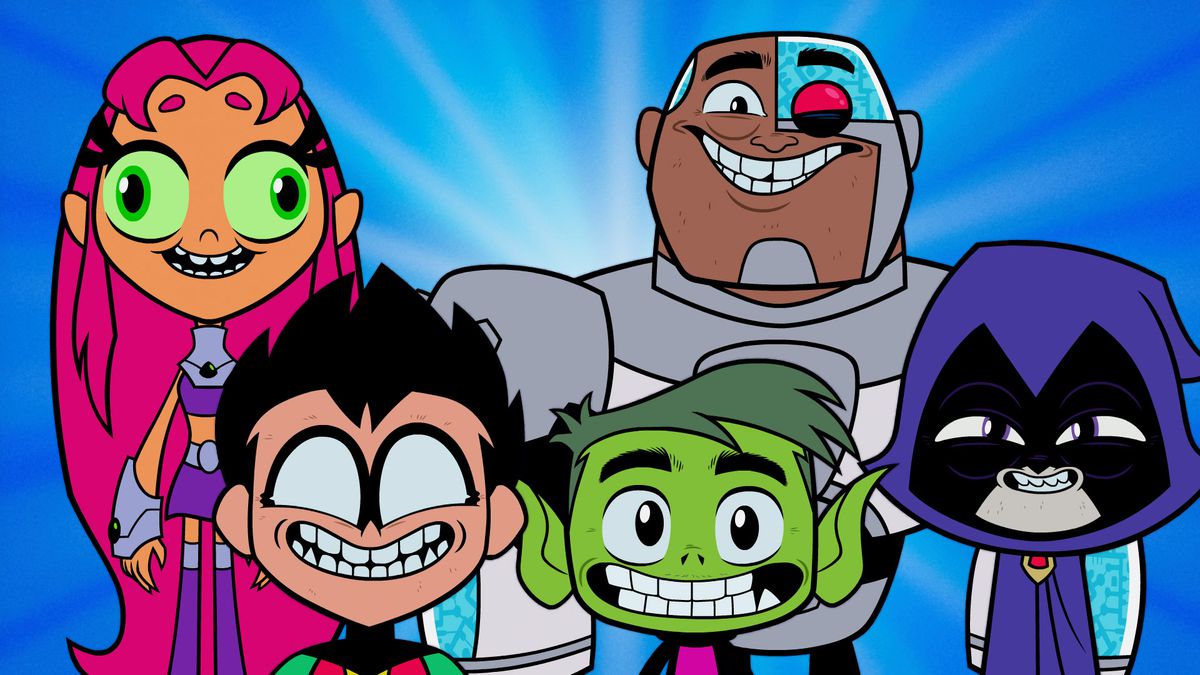Title: Alice
MPAA Rating: Not Yet Rated
Director: Krystin Ver Linden
Starring: Keke Palmer, Common, Jonny Lee Miller
Runtime: 1 Hour, 40 minutes
What It Is: An enslaved woman, distraught by the murder of her new husband, runs away from the plantation where she has been raised, only to discover that it’s the 20th century.
What We Think: The idea is horrific, a man, intent in his racism, holds generations of Black families hostage on his plantation under the guise that slavery never ended. Director and writer Krystin Ver Linden spoke during a Q&A on how the film was inspired by a similar true story, and the horror only becomes more profound.
Which makes the film feel slightly awkward, as upbeat jazz music plays backdrop to scenes of sadistic violence by plantation owner Paul Bennet (Jonny Lee Miller). His focused rage on Joseph (Gaius Charles) draws remnants of trauma rooted in American History sure to affect anyone, and it’s almost a struggle to fuse reaction with what seems like a confused tone all around. Alice (Keke Palmer) is determined to fight back after witnessing her new love dragged for sport, and enduring weekly rapes. She runs after attacking Bennet, finding a shock just beyond the thick foliage that seemingly hides this plantation from the entire evolved world. Frank (Common) finds her and transports her to a hospital, only to advise her to leave immediately after discovering that her story had drawn concerns with her mental health. He instead takes her home, and slowly walks her through her self-discovery of the lie she was forced to live.
Alice’s realization ramps up her reactions, and the pace of the film, as she seeks to rectify the wrong. We watch as she evolves into the empowered female that was hinted at all along, dragging Frank along as an accomplice to her revolution, which she enacts with fist pumping ferocity.
Our Grade: C, Alice is a great concept that falls short due to its lackluster execution. Keke Palmer brings her consistent gift to transcend pain on the screen, but it cannot overcome the poor dialogue and awkward score that leave the film’s emotional direction up in the air. Traumatic scenes of violence, noted by their probability to have occurred, seemed disingenuous when partnered with upbeat scores. Alice seems awkward in her first encounters, despite the strength she had displayed just hours earlier when escaping. The end is entertaining, but not in a way that lived up to the promise of its storyline. It may evolve into a cult classic if it can ultimately decide if it’s a serious drama or a Blaxploitation film.
Film screened via the Sundance Film Festival by your Melanin Gifted Movie Critic.


